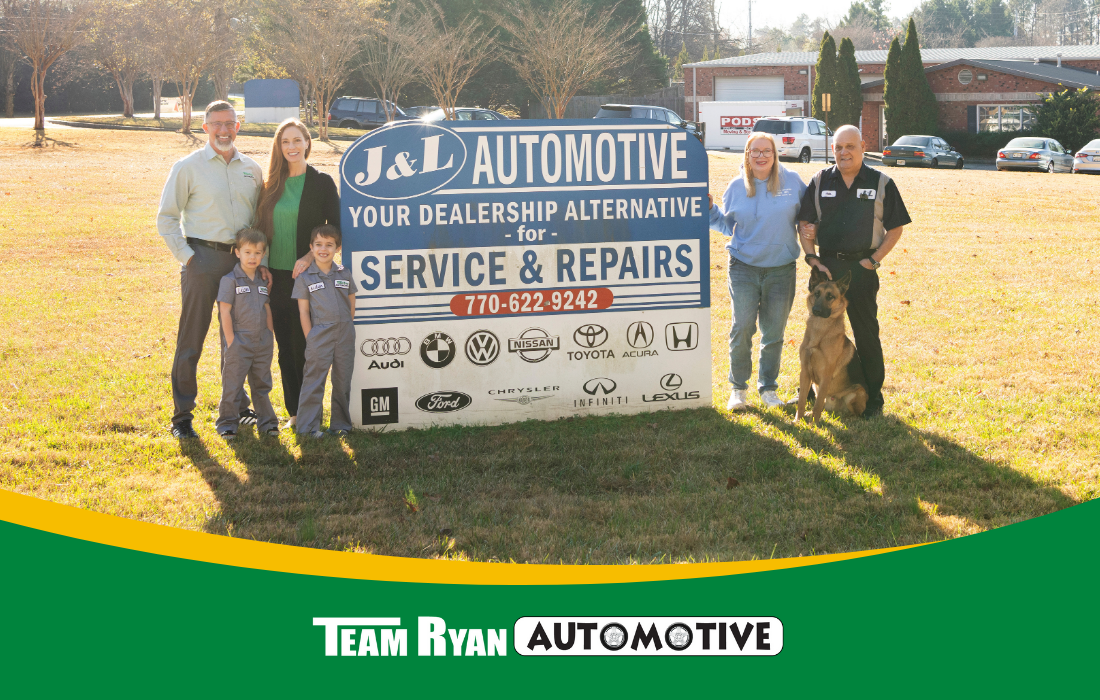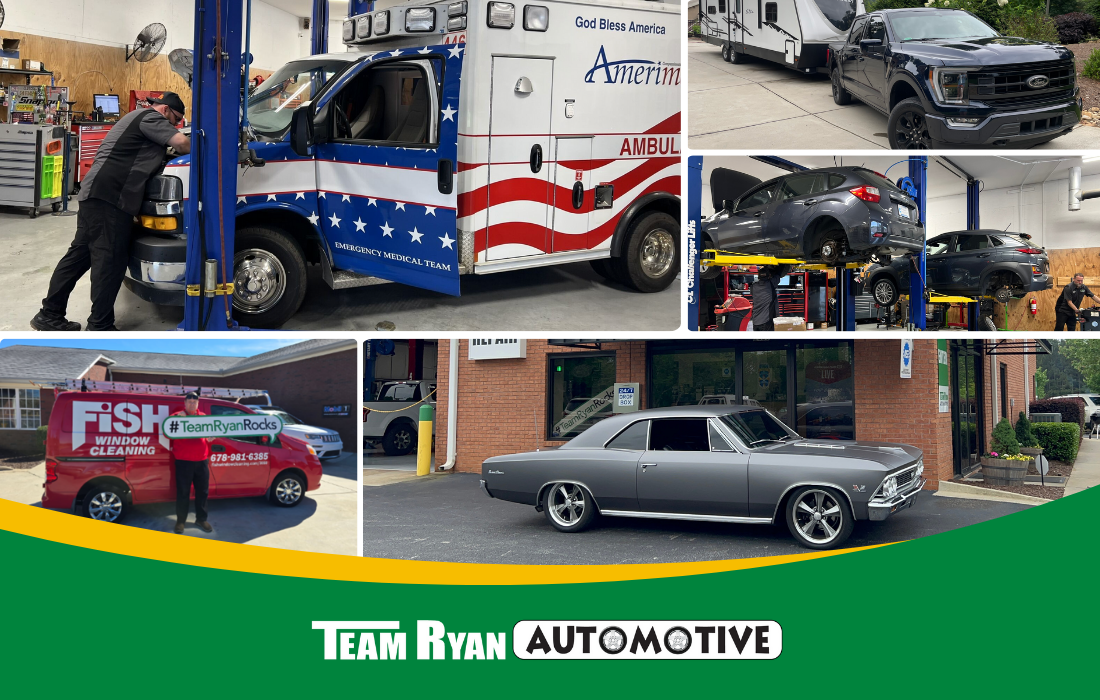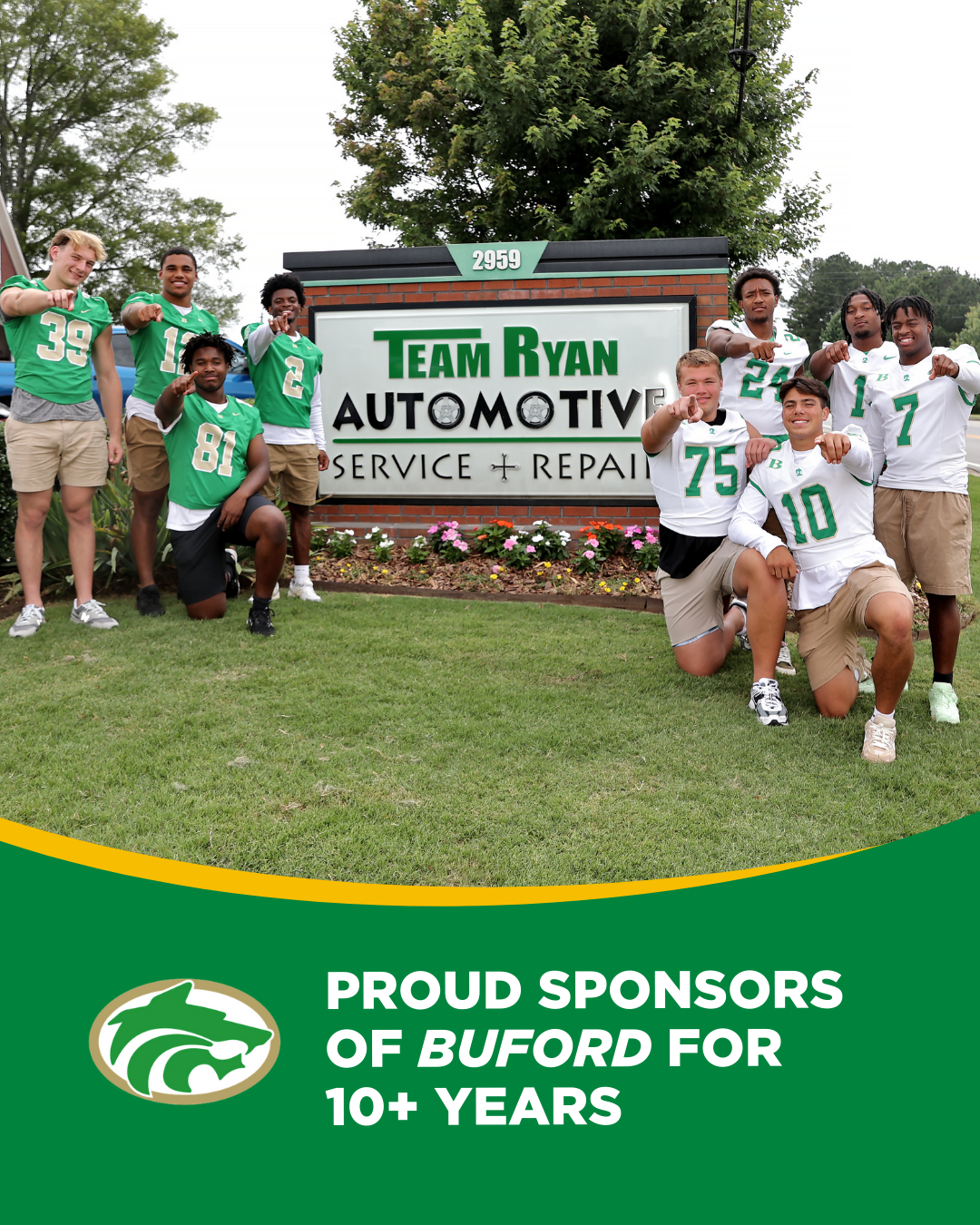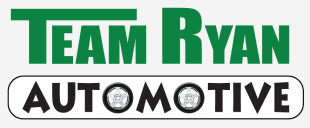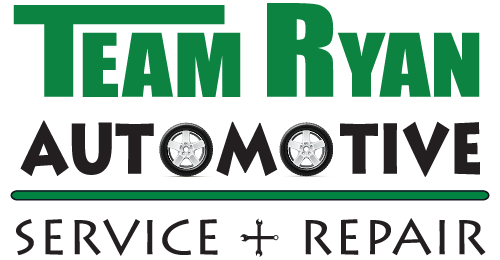What Is a Timing Belt and When Is It Time for a Replacement?
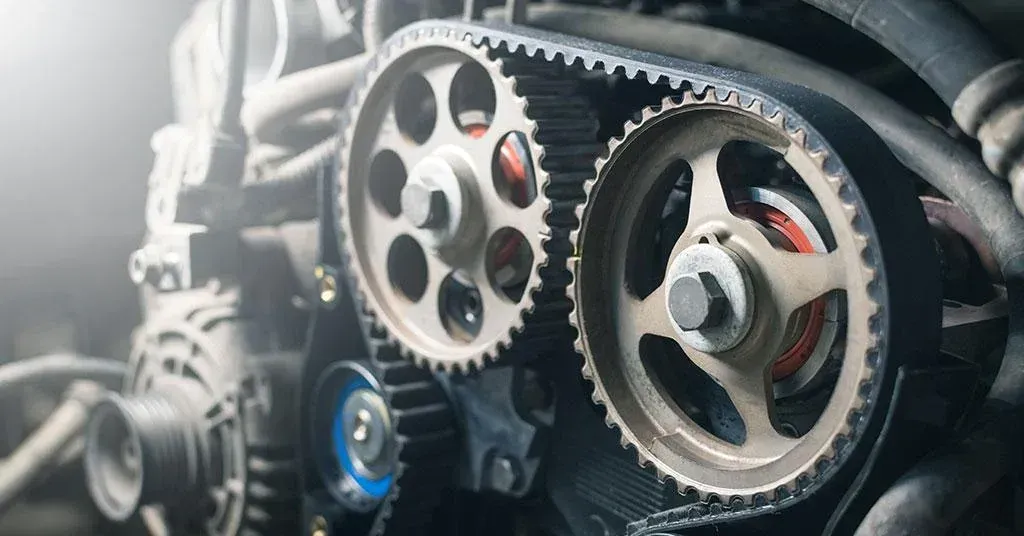
What Is a Timing Belt and When Is It Time for a Replacement?
When it comes to car maintenance, some tasks—like oil changes—get all the attention. But other important maintenance items, like replacing your timing belt, often fly under the radar. Many car owners aren’t even sure what a timing belt is or when it needs replacing. Don’t worry! We’re here to break it down for you.
What Is a Timing Belt?
Simply put, a timing belt is essential to your engine’s functionality. It synchronizes the rotation of the engine’s camshaft and crankshaft, ensuring that each cylinder fires at the right time.
To make it easier: imagine the timing belt like the chain on a bicycle. If the chain breaks or becomes loose, the bike won’t move. The same is true for your car—the timing belt keeps all the internal parts of your engine working in sync. Needless to say, it’s crucial to keep your timing belt in good shape.
When to Replace Your Timing Belt?
Every car is different, but as a general rule, most manufacturers recommend replacing your timing belt every 60,000 to 100,000 miles, or 6 – 8 years regardless of mileage. However, there are some warning signs that could indicate your timing belt is failing:
1. Engine Won’t Start
There are several reasons why your engine might not start, but a broken or worn timing belt could be one of them. Timing belts are made of rubber with teeth, and if the belt breaks or the teeth wear down, they can no longer grip the gears, stopping your engine from turning over. If your engine won’t start, bring it to Team Ryan Automotive, and we’ll diagnose the issue.
2. Squealing Sounds
Squealing sounds are never normal, and if they occur while accelerating, braking, or idling, they could indicate a failing timing belt. If this happens, the sooner you replace the timing belt, the better it will be for both your car and your wallet.
3. Engine Misfiring
A failing timing belt can cause your engine to misfire because the belt controls the timing of the engine. If the timing is off, the engine may misfire, which can cause serious engine damage. If you notice misfiring, visit our auto maintenance services to prevent further damage.
4. Ticking or Clicking Sounds
If you hear ticking or clicking sounds coming from your engine, it could be a sign that the timing belt is failing. It might also indicate low oil pressure, which can affect your timing belt’s performance. Don’t wait—get your car checked by our experts at Team Ryan Automotive.
Schedule Your Timing Belt Inspection Today!
If you’ve noticed any of these warning signs, don’t hesitate to give us a call orschedule an appointment. We’re here to help with all your car repair and maintenance needs, including timing belt replacements and inspections. At
Team Ryan Automotive, we’ll ensure your car stays in top shape!
